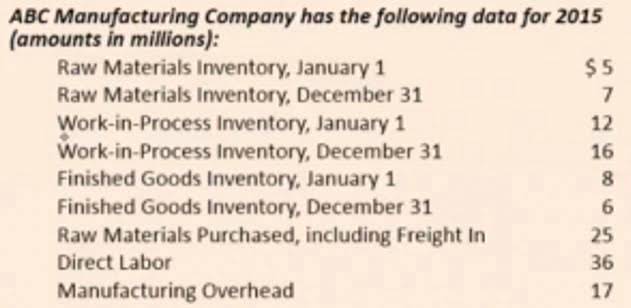
As an employer, you must withhold and deposit the employee’s part of the taxes and for some taxes pay an employer amount. Keeping track of all the employer-paid taxes for payroll isn’t easy, and you might not realize you’ve missed one until you receive an agency notice that may include a penalty. Below are the most common employer-paid taxes that must be deposited by employers, along with filing the appropriate forms. Employers juggle many responsibilities, including calculating and withholding payroll taxes and other deductions. And, how do you know how much to withhold from employees’ wages? If you’re wondering about understanding payroll taxes, never fear—your payroll taxes breakdown is here.

What happens if an employee meets the Social Security wage base in the middle of a pay period?
In most cases, the employer is the one who withholds a certain amount of money from the employee’s wages and pays taxes to the government on behalf of the employee. However, in some instances, for example, if you’re self-employed, you have employers responsibilities for payroll do not include: additional tax obligations, such as the Self-employment tax (SE). These taxes, commonly known as “payroll taxes”, as they are based on employees’ wages, are a mandatory contribution to the federal, state, or sometimes even local governments.
International payroll rules
And in some places, withholding is required to cover short-term disability, paid family leave or unemployment benefits. Still, the federal unemployment tax rate ranges from 0.6% to 6.0%, depending on how much the employer pays in state unemployment tax. The federal government doesn’t pay unemployment benefits, but it does help states pay them to employees involuntarily terminated from their jobs. To fund this assistance program, employers must contribute https://www.instagram.com/bookstime_inc to FUTA, a tax created by the Federal Unemployment Tax Act. The tax applies only to the first $7,000 of wages of each employee.
- Employees are treated as taxable workers subject to payroll taxes.
- Self-employment wages are also subject to additional Medicare tax (0.9%).
- Below are the most common employer-paid taxes that must be deposited by employers, along with filing the appropriate forms.
- For example, students employed by their school, certain family employees (like a parent employed by their child), and certain types of agricultural workers can be exempt.
- The following checklist can help ensure that employers have the right data for payroll compliance when onboarding employees.
- Having a business, even a corporation, does not relieve company employees, executives, or owners from personal responsibility if payroll taxes are not paid.
Take the Complex out of Compliance

Like Social Security tax, employees and employers equally share the total tax. Unlike Social Security, there is no wage base or cap to the wages subject to the Medicare tax. Instead, there is an additional Medicare tax of 0.9% once employees earn above a certain amount. Self-employed individuals are not exempt from paying federal payroll taxes. Instead of paying FICA tax, they must pay self-employment tax. The Self Employed Contributions Act (SECA) tax requires self-employed individuals to pay Social Security and Medicare taxes.
If the additional Medicare tax applies, the total tax rate is 3.8% (2.9% + 0.9%). There is no maximum amount of Medicare tax an individual can pay. Neglecting to pay payroll taxes can lead to serious consequences. The IRS can impose penalties and interest on the unpaid amounts. In extreme cases, failure to pay payroll taxes can be considered a federal crime and may lead to criminal charges.
Between employee and employer contributions, FICA taxes total 15.3%. Employees pay 1.45% of their gross income to Medicare and another 6.2% to Social Security. Employers must match both, so their tax responsibility is 7.65%. Note that there is a wage-based contribution limit for Social Security, but not Medicare.
Your Business Responsibilities for Payroll Taxes

Given the wage base of $168,600, the amount of Jane’s income that will be taxed for Social Security purposes is $168,600, even though she earns more. For state employment taxes, check your state’s tax department to determine how to deposit employment taxes. For new employees, employers must require them to complete Form I-9 to verify they are legally eligible to work in the U.S. You must have employees complete Form W-4, Employee’s Withholding Certificate, and state and local withholding forms where applicable, when you hire them. This way, you’ll have all the information to correctly compute withholding.
Depositing employment taxes
To avoid payroll tax mistakes, use up-to-date tax tables, review employee classifications regularly, and stick to a consistent payroll schedule to meet deposit deadlines. You can also reduce errors by automating payroll processes or working with a trusted payroll provider to help manage payroll taxes accurately. If a self-employed person also has wages from https://www.bookstime.com/articles/quickbooks-payroll-services a job, the wages are coordinated with the SE tax to apply the wage-base ceiling properly. Having a business, even a corporation, does not relieve company employees, executives, or owners from personal responsibility if payroll taxes are not paid.
